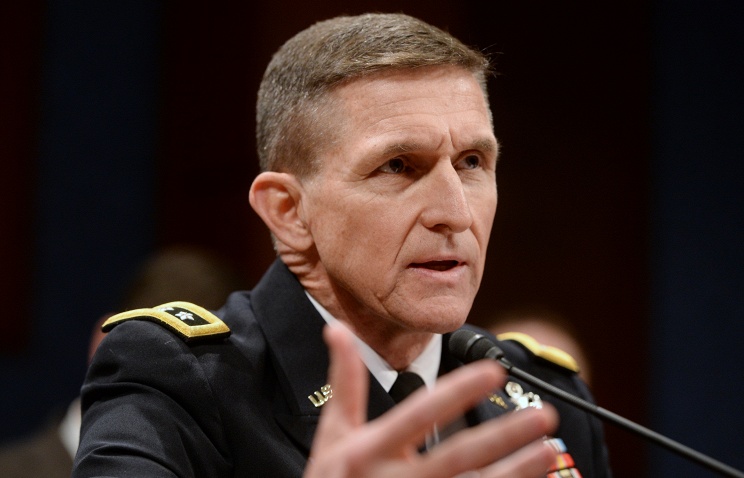AIWS and the Age of Global Enlightenment
The Artificial Intelligence World Society Initiative (AIWS) was founded and announced by Governor Michael Dukakis and Nguyen Anh Tuan in November 2017 as a means of counteracting harmful and unethical uses of AI and building the 7-layer model of the AI World Society, a foundation for the Age of Global Enlightenment.
AIWS seeks to advance the common good through the opportunities to “remake the world” presented by the digital and AI revolution. An “Age of Global Enlightenment” is achievable if action is guided by six anchors:
- Enlightened Political and Social Order
As expressed in the Social Contract for the AI Age, accountability and responsibility are fundamental to fostering global enlightenment.
- Enlightened National Law and Global Governance
As expressed in the Framework of Global Laws and Accord on AI and Digital, proper governance is fundamental to fostering global enlightenment.
- Enlightened Economic Innovation
Every citizen can become an innovator. Socially responsible economic innovation by firms, communities, and individuals is fundamental to fostering global enlightenment.
- Enlightened Cultural Norms
Tolerance for diversity, mutual support, respect, and recognition of the value of every individual are fundamental to fostering global enlightenment.
- Enlightened Education Principles
As expressed in the AIWS Global Enlightenment Education Program, life-long pursuit of and respect for knowledge are fundamental to fostering global enlightenment.
- Enlightened Communication and Discourse
Open forms of discourse, respect for diverse opinions, and fidelity to accuracy in mass and personal communication are fundamental to fostering global enlightenment.
Each of these anchors applies to all levels of social, economic, and political organization, and each is a necessary condition for achieving an Age of Global Enlightenment.
AIWS City, conceptualized by the AI World Society, is a practical model for the Age of Global Enlightenment. See our updates on this page.
FBI puts 2 Syrian hackers on a most-wanted list
(March 28th, 2016) The FBI found the hackers’ identities by obtaining search warrants for their Google and Facebook accounts. The men often used Gmail accounts to threaten and extort money from their victims. Ahmad Umar Agha and Firas Dardar The FBI has put two Syrian...
BGF online talk on setting global cybernorms
(March 28th, 2016) The Boston Global Forum host online discussion on cybersecurity, and also try to bring cybersecurity proposals to the 2016 G7 Summit scheduled for May 26-27 in Japan. J.D. Bindenagel, the Henry Kissinger Professor for Governance and International...
Cyber-Security Proposals for the G7 Summit in 2016
(March 21st) The G7 nations have a big stake in creating a stable and secure cyberspace, in the public and private spheres. Accordingly, The Boston Global Forum, as part of its BGF-G7 Summit Initiative, proposes I. That the G7 nations encourage adoption of norms set...
Chinese cyber-attacks on U.S. continue unabated
(March, 21st) Admiral Mike Rogers, the commander of U.S. Cyber Command, told Congress last week that the Chinese government continues to engage in intensive cyber-attacks on the U.S, government and private sector. Admiral Mike Rogers, the commander of U.S. Cyber...
Apple hypocritical in battle with FBI over iPhone?
(22th Feb 2016) Apple has agreed to backdoor “security checks’’ of its devices by the Chinese government, which the company refuses to let the FBI do. Apple’s battle with the U.S. government over getting into the iPhone of one of the San Bernardino terrorists is over...
Apple should give access to terrorist’s iPhone
(22th Feb 2016) Darren Hayes argues in The Guardian that Apple has a powerful legal and moral obligation to assist the U.S. Darren Hayes argues in The Guardian that Apple has a powerful legal and moral obligation to assist the U.S. government by giving it access to...
DNI: China Continues Cyber Espionage
(15th Feb 2016) China is continuing to conduct cyber espionage operations against the United States, and Beijing’s commitment to a U.S.-China cyber agreement is questionable, the director of national intelligence told Congress on Tuesday. China is continuing to...
Ezra Vogel discusses the G7 Summit, Japan, China, cyber-security
(March 14th 2016) Here are online remarks and a Q&A with Ezra Vogel, the Henry Ford II Professor of the Social Sciences Emeritus at Harvard, a world-renown expert on East Asia and a member of The Boston Global Forum (BGF). He is probably best known for his work...
A fight over ads, encryption and law enforcement
(March 14th, 2016) The battle between parts of the U.S. private sector and government officials over the tension between privacy and law enforcement goes on. Politico reported on California Sen. Dianne Feinstein “criticizing technology companies for preventing...






